Search
Search Results
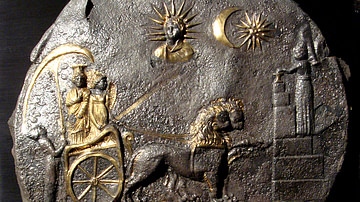
Definition
Ancient Afghanistan
The ancient history of Afghanistan, a landlocked country in Central Asia, is full of fascinating cultures, from early nomadic tribes to the realms of Achaemenid Persia, the Seleucids, the Mauryans, the Parthians, and Sasanians, as well as...
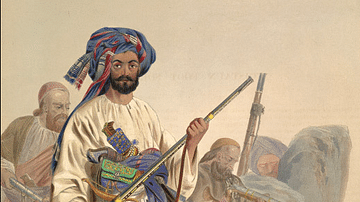
Definition
First Anglo-Afghan War
The First Anglo-Afghan War (1838-42) was fought between the British East India Company (EIC) and, the Emirate of Afghanistan, the ultimate victor. The British were keen to control Afghanistan as they feared Russian expansion into South Asia...
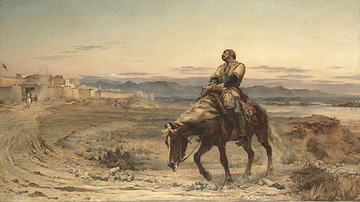
Article
Retreat from Kabul in 1842
The Retreat from Kabul in 1842 was one of the most notorious disasters in the history of the British Empire. An East India Company army had invaded Afghanistan but was obliged to withdraw. This army of 4,500 soldiers and 12,000 camp followers...
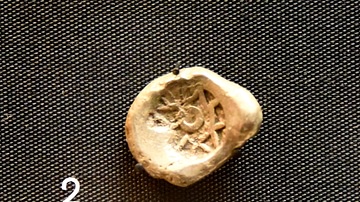
Image
Silver Coin from Ancient Afghanistan
This silver coin was minted in Kabul, modern-day Afghanistan, about 500-450 BCE. (The British Museum, London).
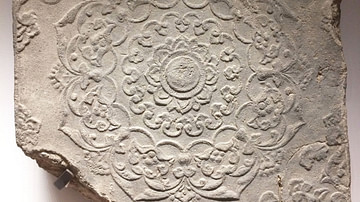
Image
Fragment from a Buddhist Temple in Afghanistan
This is a fragment from a Buddhist temple in Afghanistan. It dates from between 100-500 CE. (Musée Guimet, Paris)

Image
Fragment of a Bodhisattva from Afghanistan
This fragment of a bodhisattva comes from the Kapica province of Afghanistan and once belonged to the Monastery of Shotorak. It was made in the 2nd or 3rd century CE. (Musée Guimet, Paris)
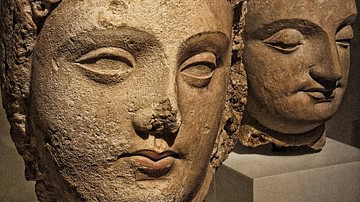
Definition
Gandhara Civilization
The Gandhara Civilization existed in what is now Northern Pakistan and Afghanistan from the middle of the 1st millennium BCE to the beginning of the 2nd millennium CE. Although multiple major powers ruled over this area during that time...
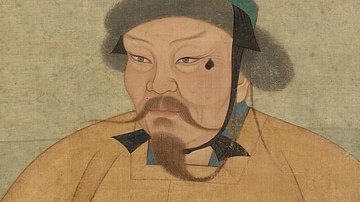
Definition
Ögedei Khan
Ogedei Khan (aka Ogodei) ruled the Mongol Empire from 1229 to 1241. He was the third son of Genghis Khan (r. 1206-1227), the empire's founder. Ogedei's accomplishments included creating a new capital at Karakorum, establishing a system of...
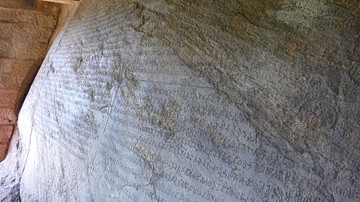
Definition
The Edicts of Ashoka the Great
The Edicts of Ashoka are 33 inscriptions engraved on pillars, large stones, and cave walls by Ashoka the Great (r. 268-232 BCE), the third king of the Mauryan Empire (322-185 BCE) of India. One set, the so-called Major Rock Edicts, are consistent...
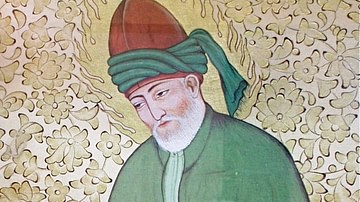
Definition
Rumi
Jalal ad-Din Muhammad Rumi (also given as Jalal ad-did Muhammad Balkhi, best known as Rumi, l. 1207-1273 CE) was a Persian Islamic theologian and scholar but became famous as a mystical poet whose work focuses on the opportunity for a meaningful...